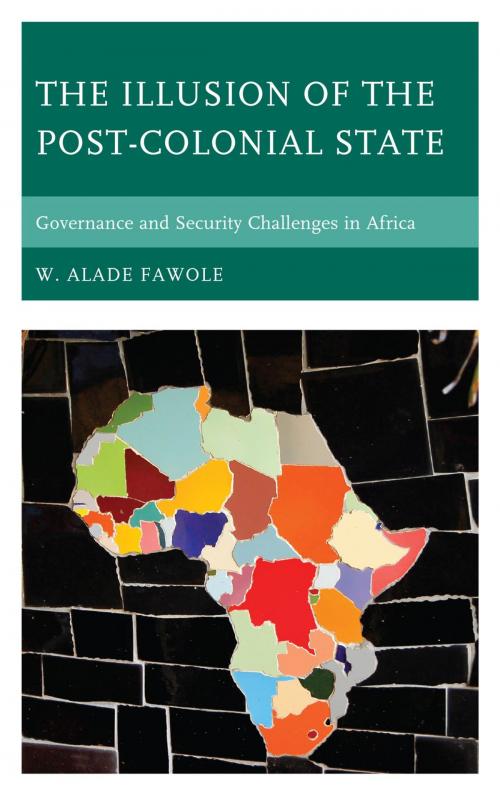The Illusion of the Post-Colonial State
Governance and Security Challenges in Africa
Nonfiction, Social & Cultural Studies, Political Science, Politics, Economic Conditions, International| Author: | W. Alade Fawole | ISBN: | 9781498564618 |
| Publisher: | Lexington Books | Publication: | June 1, 2018 |
| Imprint: | Lexington Books | Language: | English |
| Author: | W. Alade Fawole |
| ISBN: | 9781498564618 |
| Publisher: | Lexington Books |
| Publication: | June 1, 2018 |
| Imprint: | Lexington Books |
| Language: | English |
This book challenges the long-held conventional wisdom that Africa is a post-colonial society of sovereign nation-states despite the outward attributes of statehood: demarcated territories, permanent populations, governments, national currencies, police, and armed forces. While it is true that African nation-states have been gifted flag independence by their respective colonial masters, few have reached fully developed status as a secure nation-state. Most African nation-states have, since independence, been grappling with the crisis of state-building, nation-building, governance, and myriad security challenges which have been chronically exacerbated by the dynamics of the post-Cold War era. To focus merely on the agency of the African political elite and their inability to sustain functional modern nation-states misses the point. The central argument of the book is that an understanding of Africa’s contemporary governance and security challenges requires us to historicize the discourse surrounding nation-building and state-building throughout Africa.
This book challenges the long-held conventional wisdom that Africa is a post-colonial society of sovereign nation-states despite the outward attributes of statehood: demarcated territories, permanent populations, governments, national currencies, police, and armed forces. While it is true that African nation-states have been gifted flag independence by their respective colonial masters, few have reached fully developed status as a secure nation-state. Most African nation-states have, since independence, been grappling with the crisis of state-building, nation-building, governance, and myriad security challenges which have been chronically exacerbated by the dynamics of the post-Cold War era. To focus merely on the agency of the African political elite and their inability to sustain functional modern nation-states misses the point. The central argument of the book is that an understanding of Africa’s contemporary governance and security challenges requires us to historicize the discourse surrounding nation-building and state-building throughout Africa.















